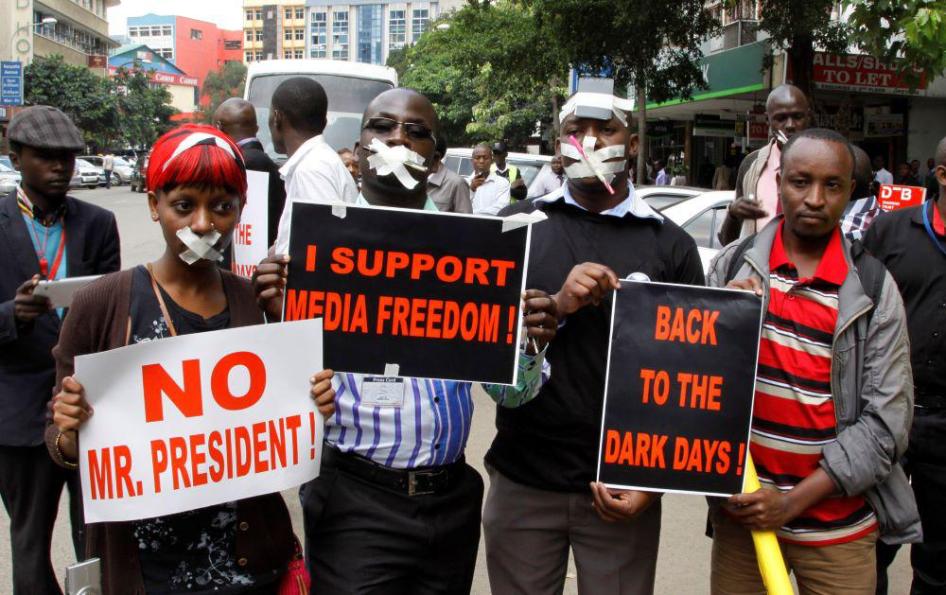A Kenyan judge has declared unconstitutional a section of a communications law which bans the sharing of “obscene material” online. The court said the provision was too broad and vague, making it difficult for accused persons to defend themselves.
The court decision came after a petition was filed by blogger Cyprian Nyakundi, who faces several charges under that section of the law – the Kenya Information and Communications Act (KICA) – following his posts against Kirinyaga county governor, Anne Waiguru, and interior cabinet secretary, Fred Matang’i, last year.
Kenyan activists and bloggers have faced serious challenges under the Kenyatta administration, including physical attacks and malicious prosecutions. In May 2018, Kenya Film Classification Board (KFCB) banned people from posting of videos on social media without permission from the board. The board later rescinded the ban after public pressure.
This is the second time in three years a court in Kenya has declared sections of the KICA unconstitutional. In April 2016, another judge struck down another section of the law used to prosecute activists and bloggers. The court said section 29, which prohibits “improper use of a licensed communications system,” or sharing information that annoys or inconveniences someone, was also too vague and violated freedom of expression.
Kenyan authorities had an opportunity in 2013, when it passed a new set of media laws following a new constitution, to align the law with both the constitution and international laws. Instead they retained oppressive provisions and even introduced new sections that further restrict free expression. The 2013 media laws expanded powers for the state to control or influence editorial content in broadcast media and enhanced government control over the Communications Authority of Kenya, contrary to the constitution.
Kenyan bloggers and activists may now sigh with relief as the courts prove once more that they can be relied on to push back on draconian legislation that parliament and the executive have failed to remove.
The decision underscores the need for Kenyan lawmakers to revise its communications laws, including the Kenya Information and Communications Act and others impeding free speech, to bring them in line with Kenya’s obligations under international law on freedom of expression.








